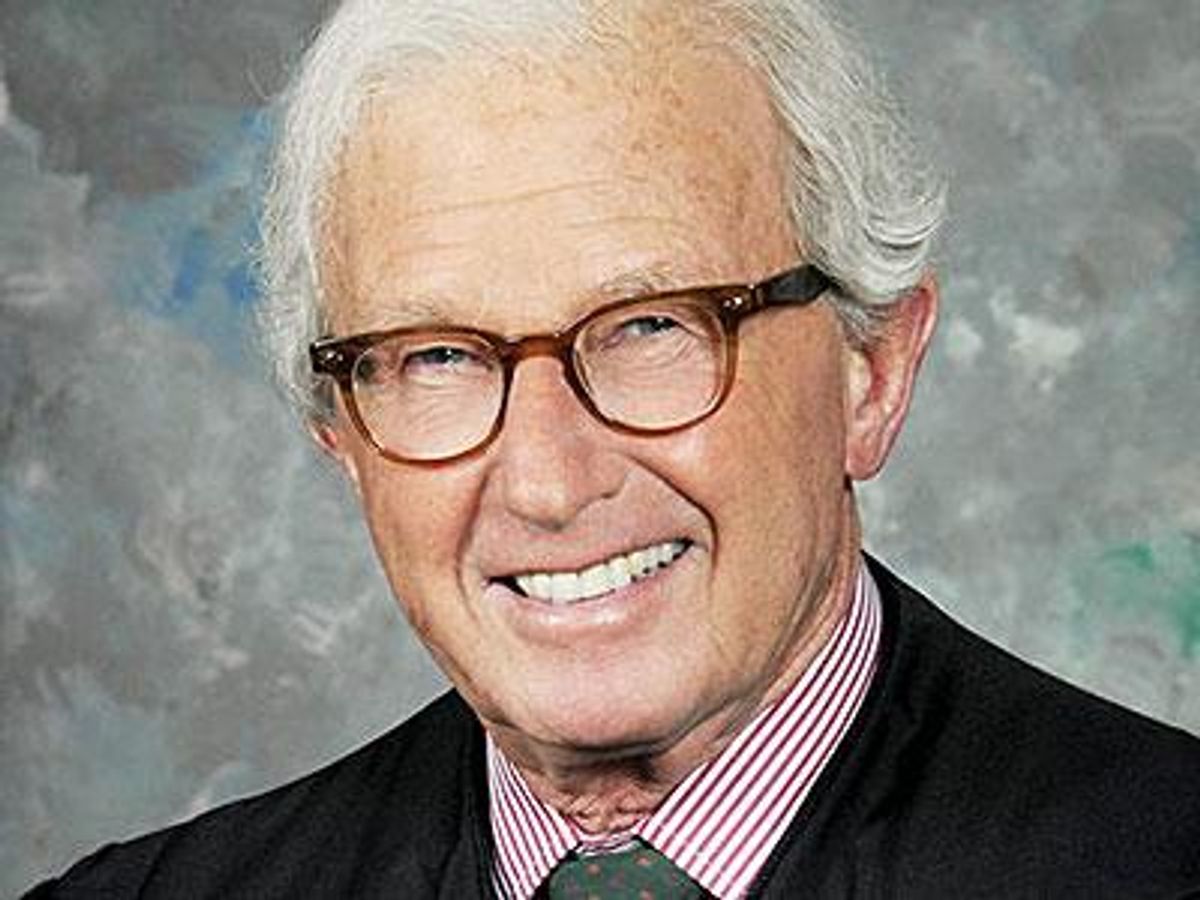A federal judge has just interrupted equality advocates' winning streak in the courts by upholding the Louisiana state constitution's ban on same-sex marriage, reports BuzzFeed's Chris Geidner.
U.S. District Court Judge Martin Feldman's ruling makes him the first federal judge to uphold a state's ban on same-sex marriage after the Supreme Court's landmark ruling striking down a key provision of the Defense of Marriage Act in June 2013 through its decision in Windsor v. U.S.
Unlike every other federal judge who has considered the issue in the past year, Feldman determined that Louisiana's ban on same-sex marriage -- approved by 78 percent of voters as a 2004 constitutional amendment -- is rationally related to the state's "legitimate interest" in "linking children to an intact family formed by their two biological parents," according to the ruling.
BuzzFeed notes that Feldman's decision seems aware of its peculiar place in recent judicial history, while also acknowledging that this decision, from the U.S. District Court for the Eastern District of Louisiana, is nowhere near the final verdict on marriage equality in Louisiana or nationwide.
"Many other courts will have an opportunity to take up the issue of same-sex marriage," Feldman writes, including "courts of appeals and, at some point, the U.S. Supreme Court. The decision of this Court is but one studied decision among many."
Indeed, the Forum for Louisiana Equality, which helped file the suit, announced its intent to appeal Feldman's decision to the Fifth Circuit Court of Appeals, which has yet to schedule a hearing in an appeal of the decision striking down Texas's ban on same-sex marriage. The Louisiana case, known as Robicheaux v. Caldwell, was filed by private attorneys representing a same-sex couple who married in Iowa in 2012 and were seeking recognition of their relationship in their home state of Louisiana.
Clearly aware of the 38 state and federal rulings that have found in favor of same-sex couples seeking marriage rights since June 2013, Feldman, appointed to the federal bench by Ronald Reagan, appears unconvinced that the right to marry is a fundamental one.
"Public attitude might be becoming more diverse, but any right to same-sex marriage is not yet so entrenched as to be fundamental," he writes. "It would no doubt be celebrated to be in the company of the near-unanimity of the many other federal courts that have spoken to this pressing issue, if this Court were confident in the belief that those cases provide a correct guide."














































































